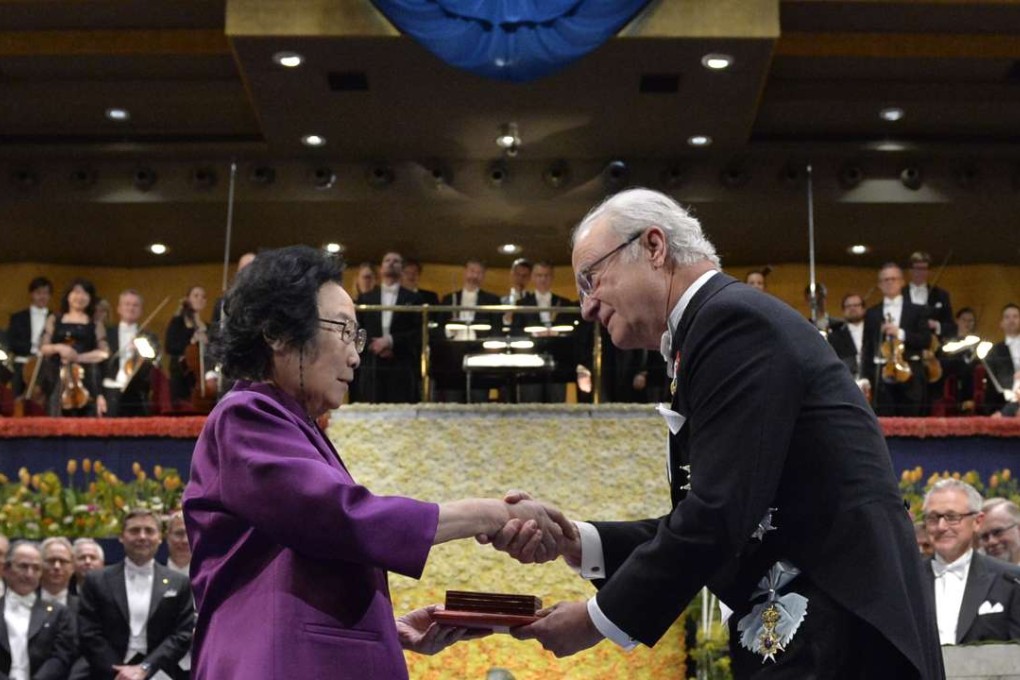Hong Kong’s rigid retirement rules make no sense, as city fails to separate brain from brawn
Philip Yeung says the government has failed to create an enlightened policy, despite a rapidly ageing society and exemplary instances overseas

Age is just a number, they say. But in Hong Kong, it is a sentence to a life of involuntary idleness, thanks to its unsophisticated approach to “ageing”, treating it as an undifferentiated concept, and making no distinction between muscle power and brain power.
This lack of differentiation is wreaking havoc on the judiciary, with a shortfall of judges causing justice to be delayed. The problem is compounded by rigid civil service regulations that forbid judges from joining the private sector after retirement, making judicial appointments financially unattractive to legal practitioners.
Save for civil servants, the government offers retirees no safety net
In other enlightened societies – Canada for instance – mandatory retirement has been outlawed. Canada has good reason to do so; it has a universal pension plan that must be paid for. Here in Hong Kong, save for civil servants, the government offers retirees no safety net and feels no financial urgency to address involuntary retirement as an issue.
Hong Kong women and men enjoy world’s longest life expectancy due to low smoking rates, health experts claim
Elite North American universities have no mandatory retirement age. Like US Supreme Court justices, academics serve into their dotage or until death. By contrast, iron-clad rules at the eight publicly funded local universities turf out staff at either 60 or 65. Even the Equal Opportunity Commission is silent on the issue.